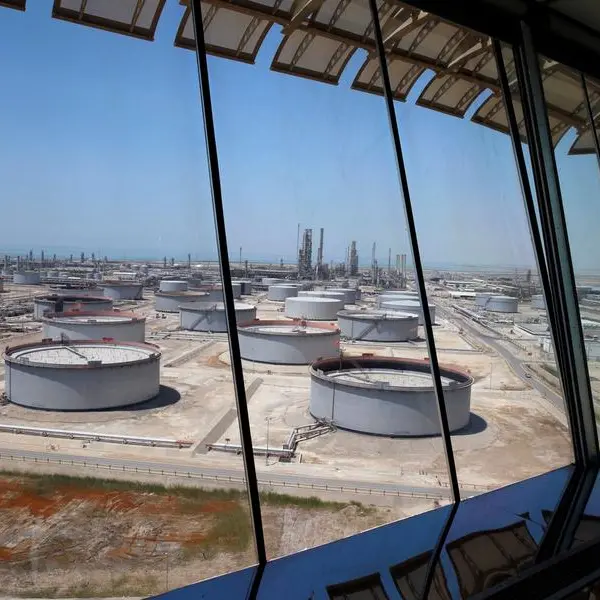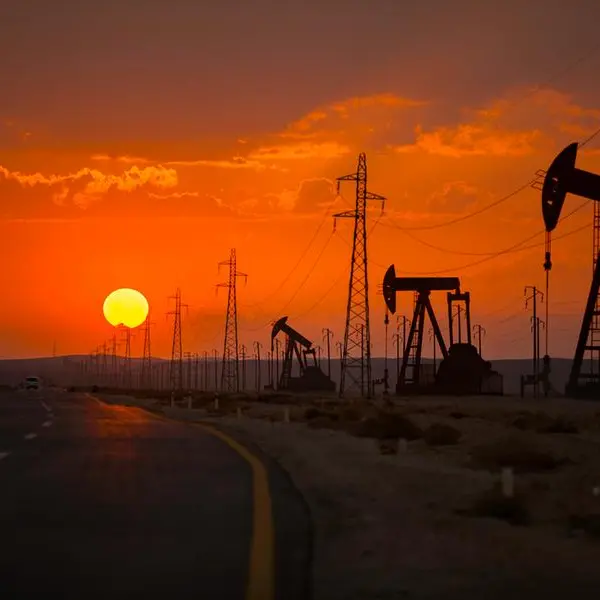PHOTO
MELBOURNE - Two Australian states face blackout risks within two years as coal-fired power plants shut, electricity demand increases and transmission projects get delayed, the country's energy market operator warned on Wednesday.
South Australia, the state most reliant on wind and solar power, faces electricity shortages from the second half of 2023 and Victoria, the country's second most populous state, from the second half of 2024, the Australian Energy Market Operator (AEMO) said in an annual report on the outlook for the National Electricity Market.
"Without further investments, this will reduce generation supply and challenge the transmission network's capability to meet reliability standards and power system security needs," AEMO Chief Executive Daniel Westerman said in a statement.
The National Electricity Market (NEM) covers all states except Western Australia and the Northern Territory.
Australia narrowly averted blackouts in June as several coal-fired plants suffered unexpected outages and others cut output because of coal shortages, while gas-fired generators faced soaring gas prices caused by global disruptions.
"These circumstances have highlighted the need for the NEM to be resilient to external events like extreme weather, limitations on fuel availability, and impacts from high global commodity prices," the market operator said.
Coal-fired plant owners have advised that their plant reliability is unlikely to improve much in the current financial year, it said.
At the same time that supply is tightening because of unreliable coal generation, demand for electricity is expected to grow as industrial facilities are expected to increase output.
There are 7.3 gigawatts (GW) of committed capacity due up over the next five years, including two gas-fired plants in 2023, one being built by government-owned Snowy Hydro and the other by EnergyAustralia, owned by Hong Kong's CLP Holdings .
However, the market operator warned that some projects are running into start-up delays, which means they might not be ready in time to replace generators due to retire.
Even with another 3.4 GW of generation and energy storage projects expected to go ahead, plans are well short of the roughly 45 GW of new capacity the market operator has previously said will be needed over the next decade.
(Reporting by Sonali Paul; Editing by Christian Schmollinger)





















